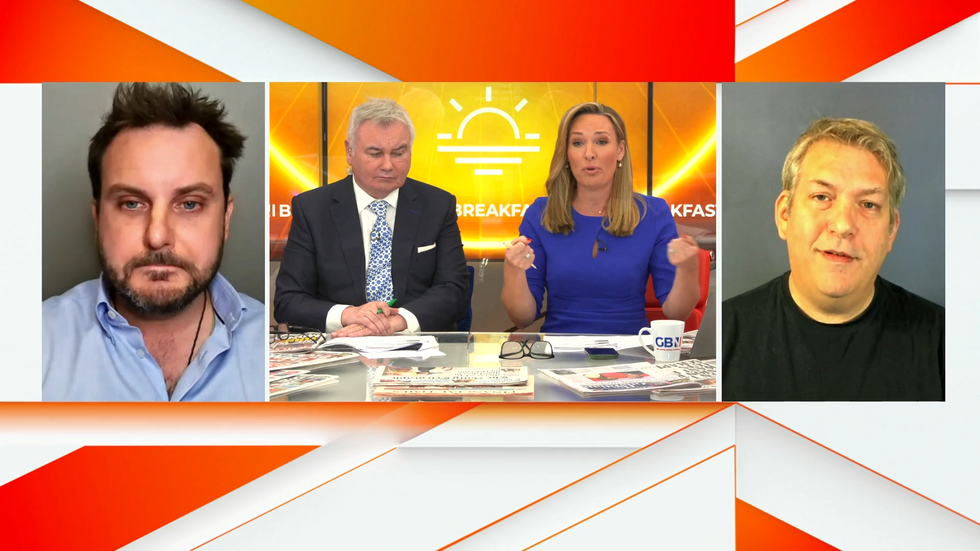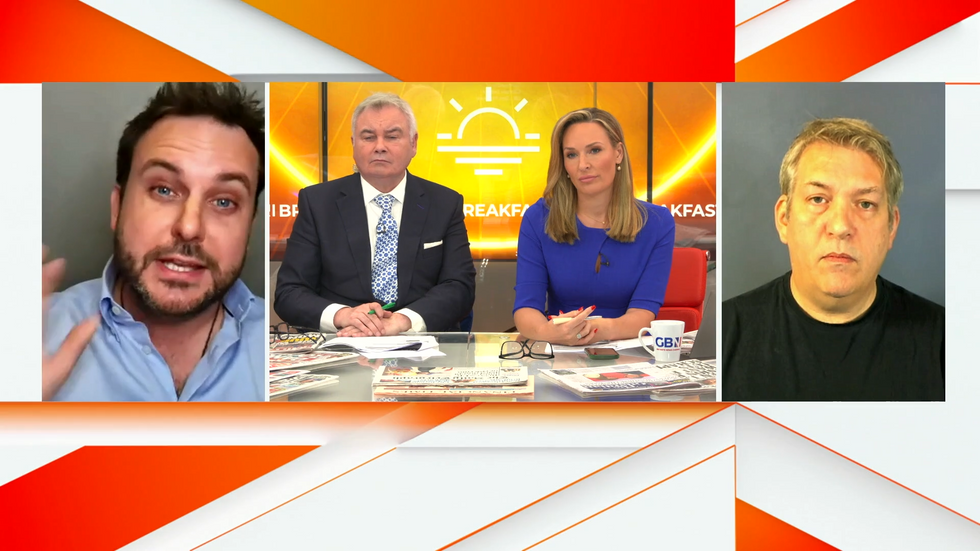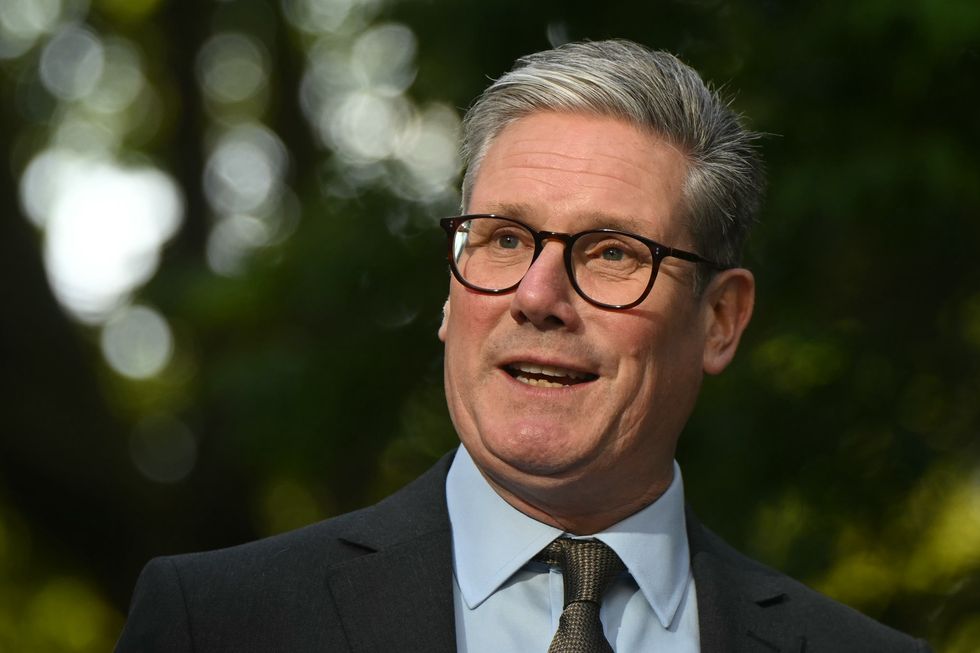GB News host Isabel Webster expressed her anger today on GB News about the proposed eco-tax on waste incineration set to be implemented in 2028.
The tax, aimed at encouraging greener technologies, has sparked concerns about its potential impact on local councils and taxpayers.
The government plans to extend the carbon tax, currently applied to aviation, power, and industry, to emissions from burning waste.
The move is part of an effort to reduce greenhouse gas emissions, with around half of all household waste collected by councils currently being incinerated.

Isabel said that she just “doesn’t understand it”
GB News
Professor Christian Dunn from Bangor University said: “The issue here is we have too much waste.
“That’s the issue and a lot of that waste is packaging and unnecessary plastic, often waste which is being produced by manufacturers and encouraged by organisations like supermarkets.
LATEST DEVELOPMENTS
“Those are the areas that we should be hitting rather than just whacking. If you want to call it a tax or whatever it may be at the end, it’s not the right way to go about it and this just gets people’s back up.”
Isabel concurred, saying: “I totally agree, I was reading this morning and I just thought why are we so short-sighted?
“This is a man-made problem and our solution is to make us all pay more for it. Surely the answer is, I don’t need all of my fruit and vegetables in plastic.
“I don’t need every single box that comes from Amazon to have 6000 bits of paper inside it. We need to produce less rubbish and then we don’t have to burn it and we don’t have to pay for it either.

Professor Christian Dunn said we need to cut down on waste
GB News
“Why are we so short-sighted? I don’t understand. All it does is make people anti-eco concepts because they see that they’re having to pay for it and then we do more harm to the environment as well.”
The Local Government Association (LGA), County Council Network (CCN), and District Councils Network (DCN) have jointly voiced concerns about the tax’s potential impact.
They warn that councils may be forced to raise taxes or cut vital services to cope with the additional financial burden.
Cllr Adam Hug, environment spokesman for the LGA, stated: “Current proposals risk councils and local taxpayers facing enormous costs, which simultaneously risks the scheme failing to meet its objectives while exposing councils to significant additional financial risk.”

The government has proposed the tax for 2028
PA
The bodies are calling for the tax burden to be shifted to industries that manufacture materials such as packaging, textiles, and furniture.
They argue that manufacturers have the ability to move towards more recyclable materials, while councils have limited control over the amount of waste they collect.
As the 2028 implementation date approaches, the government faces pressure to reconsider its approach.
The Department for Energy Security and Net Zero has stated they will “continue to engage with the sector” on the proposals.